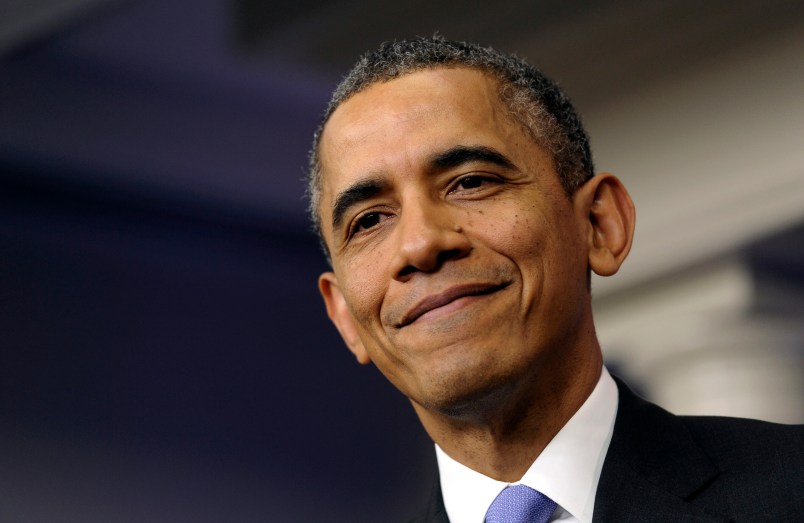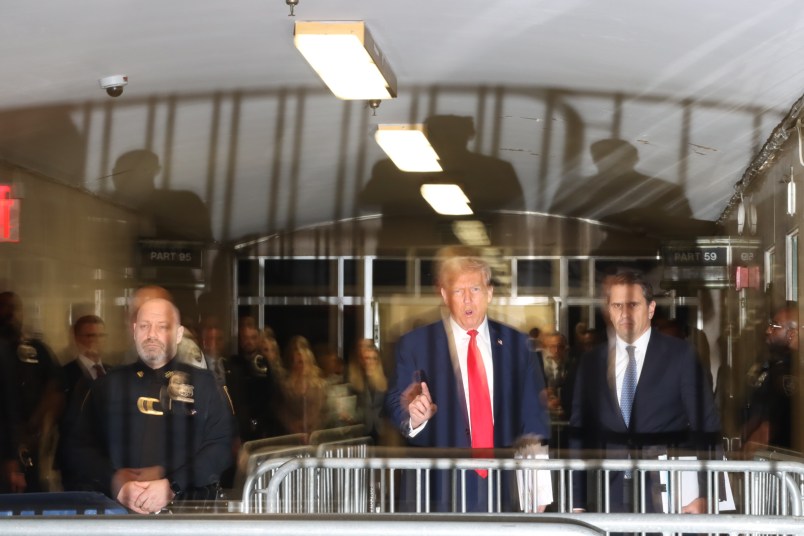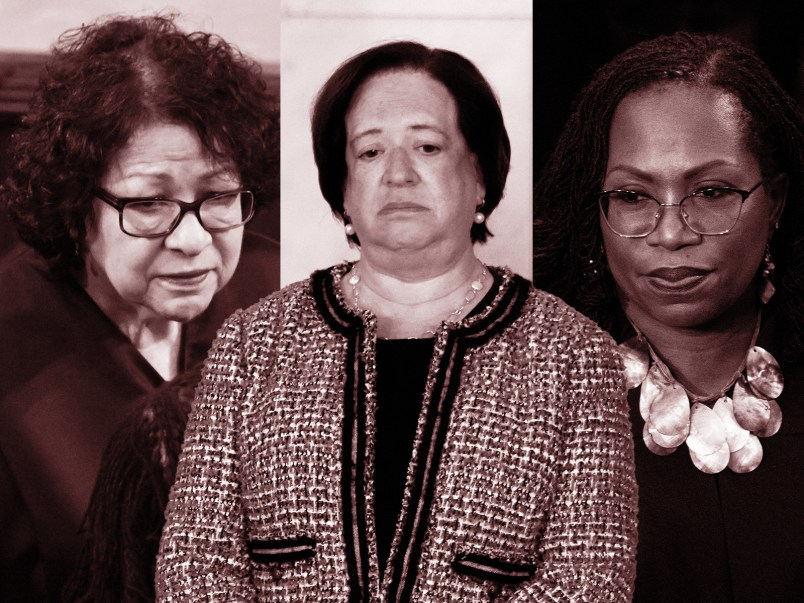WASHINGTON (AP) — President Barack Obama says the U.S. still has a long way to go to open the door to college for low-income Americans.
Obama is convening an education summit at the White House. More than 100 college leaders are vowing to take steps to expand access to higher education.
Obama says more than ever before, a college degree is the surest path to a stable, middle-class life. He says as the economy improves, the U.S. must ensure that everyone has economic opportunities.
Obama says developing the talent of high-achieving students could have a “transformative effect.”
First lady Michelle Obama says kids will notice if leaders don’t hold up their end of the bargain. She says the nation can’t encourage young people to pursue college, then provide no help when they do.
THIS IS A BREAKING NEWS UPDATE. Check back soon for further information. AP’s earlier story is below.
President Barack Obama is bringing university presidents from across the country together to exact commitments from each to expand access to higher education.
The president and first lady Michelle Obama were to greet leaders from more than 100 colleges and universities, plus 40 nonprofit and other groups, in a White House auditorium Thursday. The price of admission: a promise to voluntarily take action to help more low-income students attend college.
“When the president has a call to action on this area, it is because it is a critical measure for us being true to our values of economic mobility,” said Gene Sperling, the director of the White House’s National Economic Council.
The summit also heralds a new chapter in Obama’s presidency in which he increasingly is turning to his own authority to carry out elusive policy priorities. With gridlock in Congress dampening prospects for passing laws, Obama has vowed to move forward on his own by using executive authority and by convening leaders from outside politics in pursuit of broad, national goals.
White House aides hope the strategy will give Obama more flexibility as he embarks on what he’s labeled a “year of action.” But it also calls attention to Obama’s limited ability to drive sweeping changes in his second term, as Washington’s focus turns increasingly to this year’s midterm elections and the presidential election two years later.
The participating schools have agreed to take action in one of four areas:
—Helping low-income students connect with colleges that can meet their needs and then seeking to ensure that they graduate.
—Reaching out to elementary, middle and high school students in hopes that by engaging earlier, more students will be encouraged to pursue higher education.
—Boosting remedial programs so underprepared students will still have opportunities to succeed.
—Seeking to ensure lower-income students aren’t disadvantaged by lack of access to college advisers and inability to prepare for entrance exams like the SAT and ACT.
“However much inequality and opportunity there is by the time kids get to 11th grade, those of us who are more fortunate exacerbate that inequality out of a desire to do what’s best for our kids. We spend enormous time with college counselors, enormous time in SAT-ACT preparation,” Sperling said. “Those things are not available for lower-income kids.”
Georgia State University is committing to rolling out an “early alert system” aimed at identifying students at risk of dropping out for financial reasons. By monitoring students who are running out of aid eligibility, losing scholarship dollars or paying bills late, the university plans to deploy financial counselors to intervene to help those students stay enrolled.
Copyright 2014 The Associated Press. All rights reserved. This material may not be published, broadcast, rewritten or redistributed.









